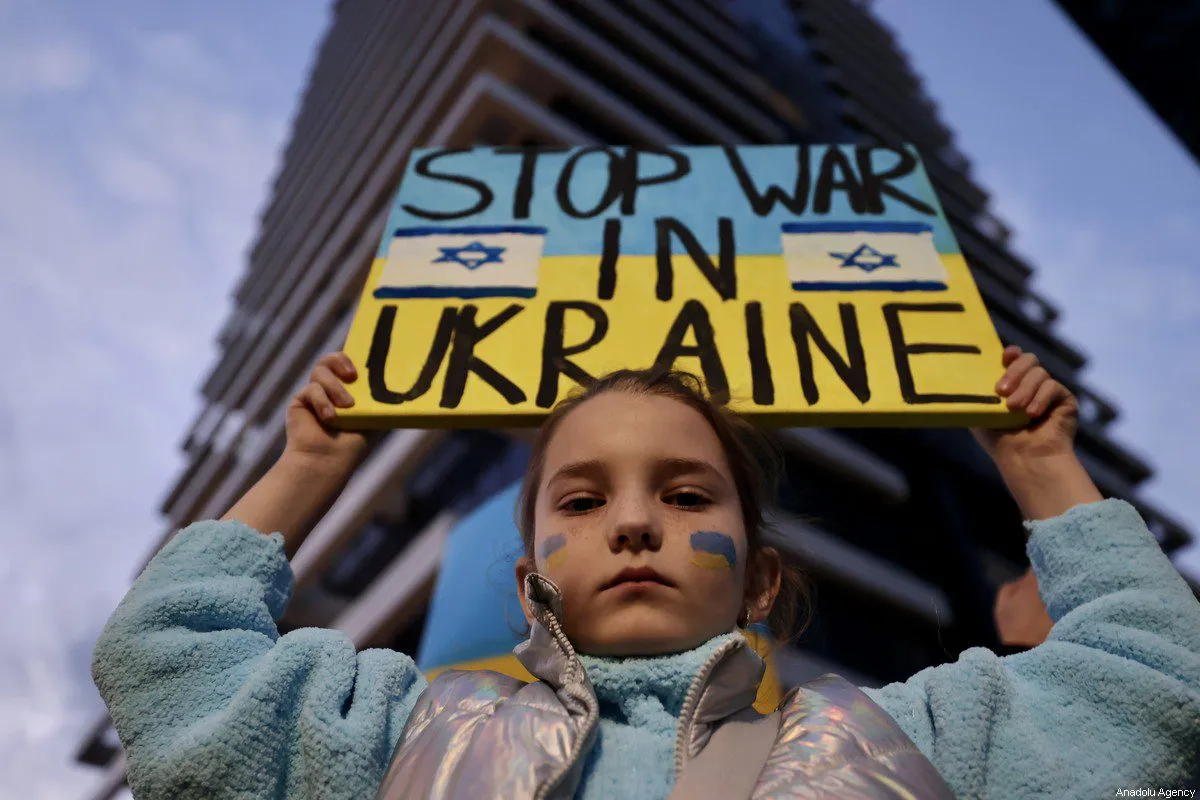
Note: The following article was originally published in the Jerusalem Post opinion section.
The ascension of Yair Lapid to the position of Israeli prime minister provides an opportunity for a stronger commitment by Israel to Ukraine in its war against Russian occupation.
Israel’s position since the inception of the war has been one of strategic hedging. Jerusalem provides medical and financial support to Kyiv while at the same time engaging Moscow on security matters. This most notably includes addressing Iranian military activity in neighbouring Syria.
This balancing act comes at a time when Moscow is engaging in mass atrocities towards Jews and non-Jews in Ukraine. A Russian military strike on a civilian mall in Kremenchuk, Poltava oblast is just a recent example of the state’s atrocities in the country. Mounting civilian losses due to indiscriminate military strikes coupled with a disregard for regional peace and security places pressure on countries like Israel to reconsider their position.
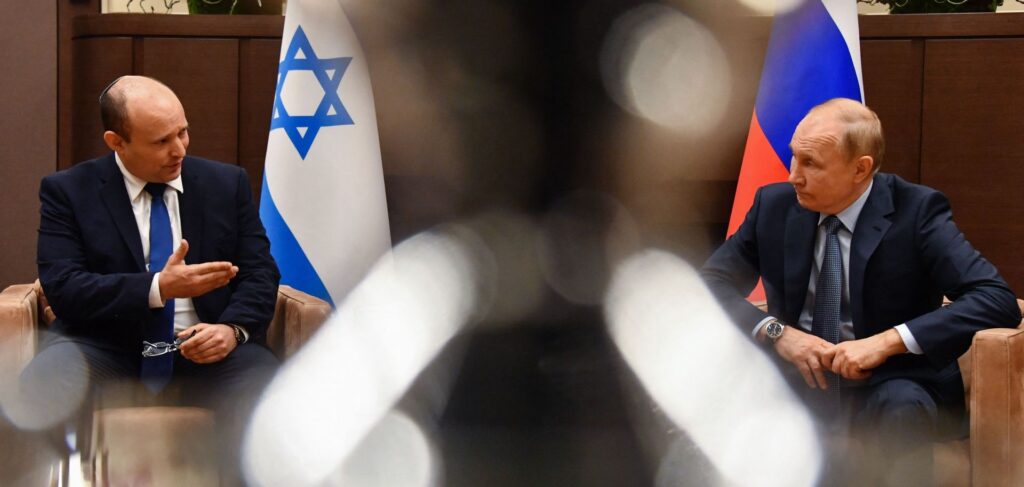
The government of the former prime minister, Naftali Bennett adopted a neutral stance on the conflict when Russia invaded Ukraine in late February of 2022. Prior to the war, Bennett along with his predecessor Benjamin Netanyahu engaged in dialogue frequently with the Russian government over the matter of Syria. For Israel, Iran remains the number one security threat in the region with a large build-up of its influence being in Syria through its various paramilitaries.
Israeli jets frequently have attacked these militants throughout Syria, where approval comes via consultation with Russia. This arrangement has long been within Israel’s security interests, as Russia controls the airspace in government held areas that Israeli jets fly over. Russia’s guarantor status within the dynamics of the Syrian conflict allows a level of carte blanche to Israel for it to conduct operations in Syria.
Bilateral relations extend past security to economic and cultural matters.
Israel receives 2.5 billion dollars’ worth of imports through trade from Russia, goods consisting of fuel, minerals, diamonds, and other gems. Russia in return receives 1 billion dollars in trade, including agricultural goods as well as medical equipment, optics, and other machinery. Ukraine also provides Israel with goods, providing raw agricultural products with roughly 80% of it being wheat (Israel’s Ministry of Economy and industry).

Culturally, each state shares deep connections with Israel’s populace, with nearly 15% of immigrants (1.2 million) to Israel and descendants of immigrants living in the country coming from the former Soviet Union. Both countries still hold significant Jewish diaspora communities that concern the Israeli state—with the country ensuring Israeli Jewish agencies assist Jews seeking Aliyah from those countries.
Despite Israel’s best efforts to strike a balance in the conflict, the circumstances of the war and shifting geopolitical environment are changing things. The Russians are growing more distrustful of the West, including Israel for its position on Ukraine. Even though Israel is not actively supporting Ukraine in the conflict, with it not even yet imposing sanctions on Russia, the country still provides medical assistance and has condemned the invasion including atrocities such as Bucha–stopping short of condemning Russia itself.
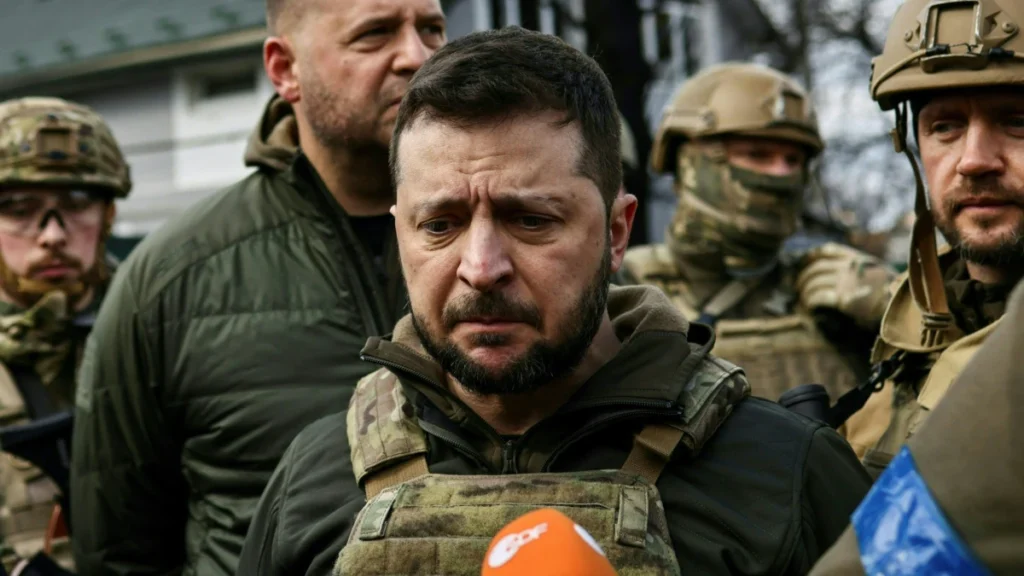
The massacre at Bucha was widely condemned by the western world including the Israeli government. At the time foreign minister, Yair Lapid went as far as to call the massacre a “war crime”. A comment that in the grand scheme of things expresses moral condemnation towards the act of barbarism but not necessarily a strategic realignment in positioning of the state in the conflict.
The Russian foreign ministry in response even went as far as to engage in an antisemitic blood libel claim against Jerusalem and accused it of supporting a neo-Nazi regime in Ukraine:
“We noted the statement by Foreign Minister of Israel Yair Lapid, which contradicts history and largely explains the policy by the current Government of Israel to support the neo-Nazi regime in Kiev.”
-(Russian MFA, ‘Regarding antisemitism’, May 4, 2022)
These comments along with other actions including voting in favour of a UN General Assembly resolution (ES‑11/1) to condemn the invasion by the Israeli government are perceived by Moscow to show Jerusalem’s tacit support for Kyiv. This perception extends diplomatically to insincerity by Moscow to Bennett’s mediation efforts in March and is increasingly resulting in a deterioration of bilateral relations between the countries.
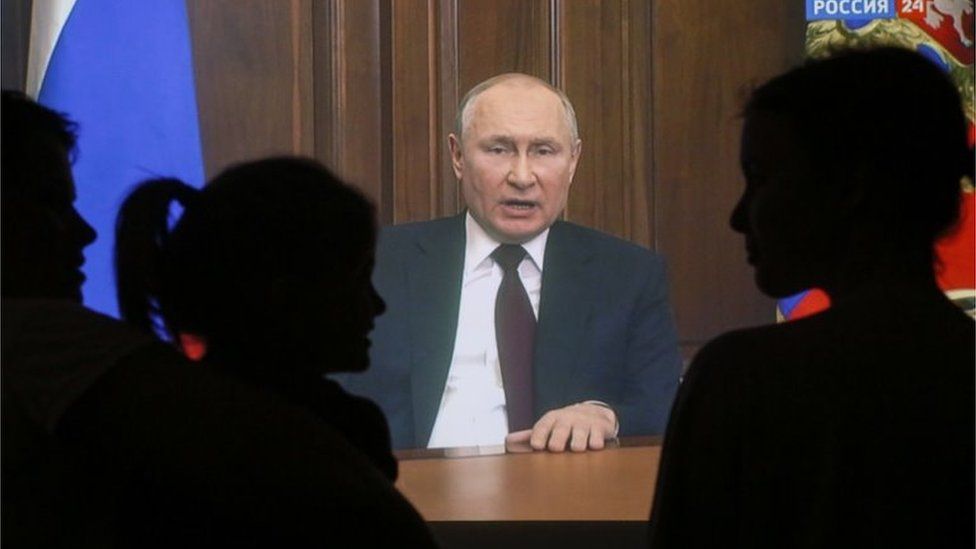
Right now, Moscow is already in the process of shutting down a long-standing Jewish agency that assists in Aliyah of Jews on alleged grounds that the agency is collecting “illegal information on Russian citizens” (Russian Justice Ministry). The Russian government did not show any issue with the agency previously in years of its operation. There was simply no problem until now.
However, due to Israel’s “tacit” support of Ukraine, Russia is shifting towards an antagonistic view of Israel. Even in Syria, Russia is growingly disgruntled at Israeli operations and is threatening to close the airspace of the country. These shifts in the global environment signal to Israel that neutrality may not be a viable position in the long-term.
Russia’s growing distrust and paranoia towards Israel provides an opportunity for the country to reposition itself on the conflict and take a firmer stance in support of Ukraine. The people of Israel are already supportive of Ukraine in its moment of crisis. A significant majority of Israelis (76%) express support for the country, according to a March survey conducted by Shlomo Filber and Tzuriel Sharon of Direct Polls LTD.
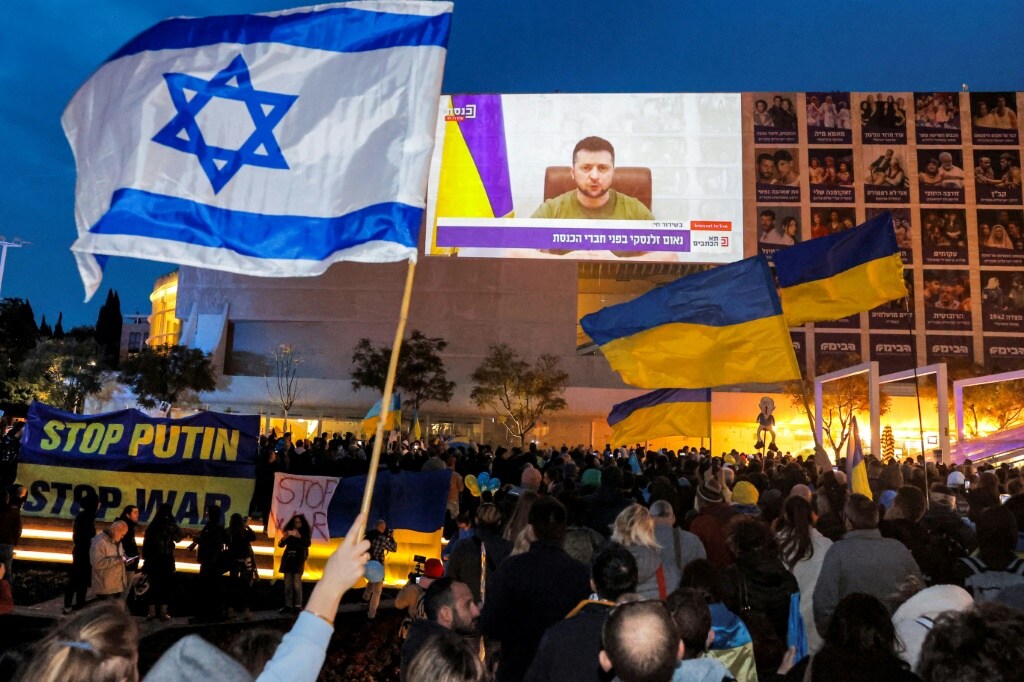
The President of Ukraine, Volodymyr Zelensky also greatly admires Israel and repeatedly emphasises the need for Israel to provide support in the crisis:
“I am grateful to the people of Israel. I am grateful for the sincere and emotional support to the people of Ukraine. For the Ukrainian flags that have appeared on your streets. We see it all and we appreciate it… but we would like to also get support from your government.”
– (Zelensky’s statement on Israel, June 23, 2022)
The crisis in Ukraine already shows the extent of barbarism the Russian state is willing to engage in. This modern pariah demonstrates each day its disregard for diplomacy and the paranoia of the state makes reasonable engagement increasingly difficult. In the wake of this reality, Israel should end the balancing act and provide Ukraine with the support it needs–whether militarily, financially, or otherwise. This should include imposing sanctions in line with other states on Russia.
Israel may insist on neutrality for geopolitical reasons but whether it likes to admit it or not sooner or later the state will need to take a firm stance.
Written by Anthony Avice Du Buisson (20/07/2022)


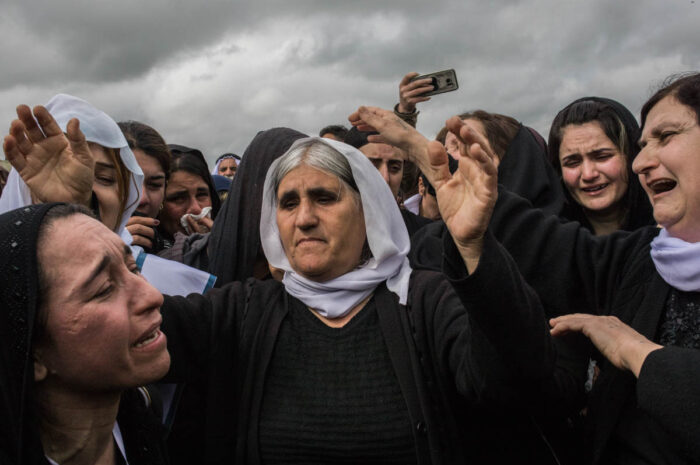
![A symphony of violence in Afghanistan [Medium Article]](https://philosophyismagic.com/wp-content/uploads/2021/08/1_bVzly9TuDCRBZ9aIV5GqnQ-700x465.jpeg)
